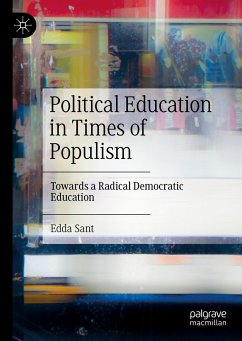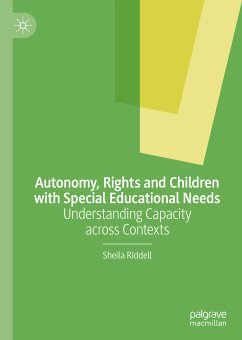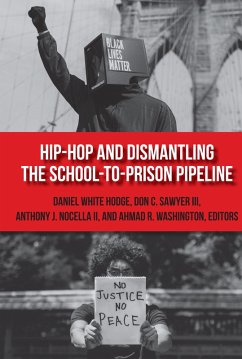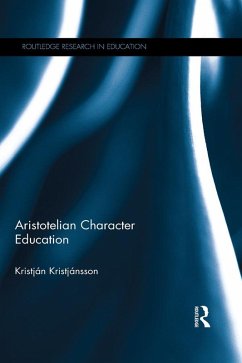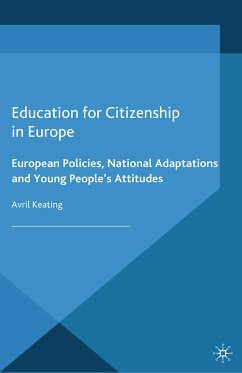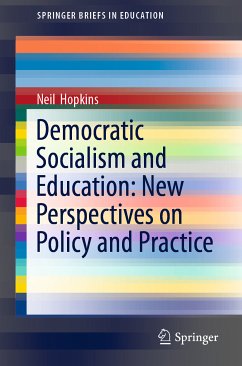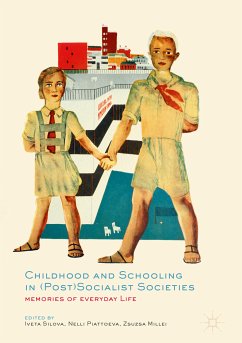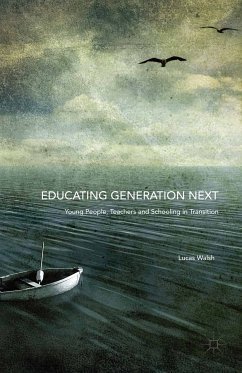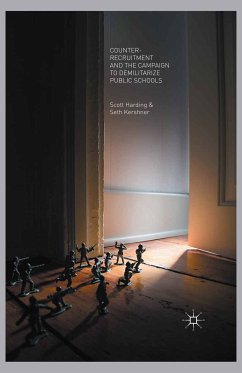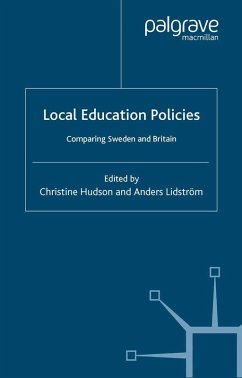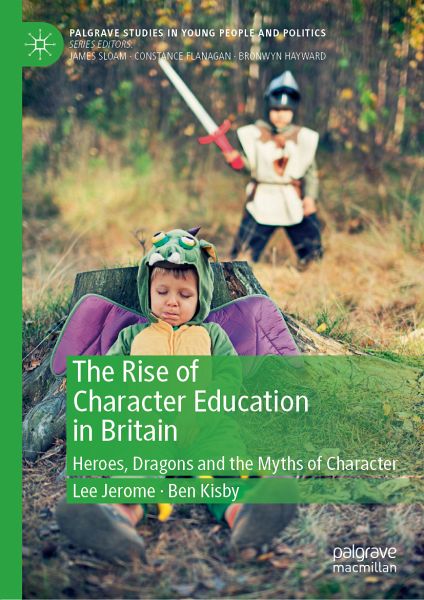
The Rise of Character Education in Britain (eBook, PDF)
Heroes, Dragons and the Myths of Character
Versandkostenfrei!
Sofort per Download lieferbar
44,95 €
inkl. MwSt.
Weitere Ausgaben:

PAYBACK Punkte
22 °P sammeln!
What is character education? Why has it risen up the political agenda in the UK in recent years? And what does it mean in pedagogical practice? This book addresses these questions, challenging the individualistic and moralistic ideas underlying the clamour amongst politicians, educators and authors to promote 'grit', 'resilience' and 'character' in schools. Closely examining a range of teaching resources, the book shows that the development of character is wrongly presented as the solution to a wide variety of social problems, with individual citizens expected to accommodate themselves to the ...
What is character education? Why has it risen up the political agenda in the UK in recent years? And what does it mean in pedagogical practice? This book addresses these questions, challenging the individualistic and moralistic ideas underlying the clamour amongst politicians, educators and authors to promote 'grit', 'resilience' and 'character' in schools. Closely examining a range of teaching resources, the book shows that the development of character is wrongly presented as the solution to a wide variety of social problems, with individual citizens expected to accommodate themselves to the realities of the contemporary economic context, rather than enhancing their capacities to engage in civic and political activities to bring about changes they wish to see. The book argues that there is a tried and tested alternative to character education, which is far more likely to strengthen British democracy, namely, citizenship education.
Dieser Download kann aus rechtlichen Gründen nur mit Rechnungsadresse in A, B, BG, CY, CZ, D, DK, EW, E, FIN, F, GR, HR, H, IRL, I, LT, L, LR, M, NL, PL, P, R, S, SLO, SK ausgeliefert werden.



